Section: Arts And Culture
There are more than 200 results, only the first 200 are displayed here.
-
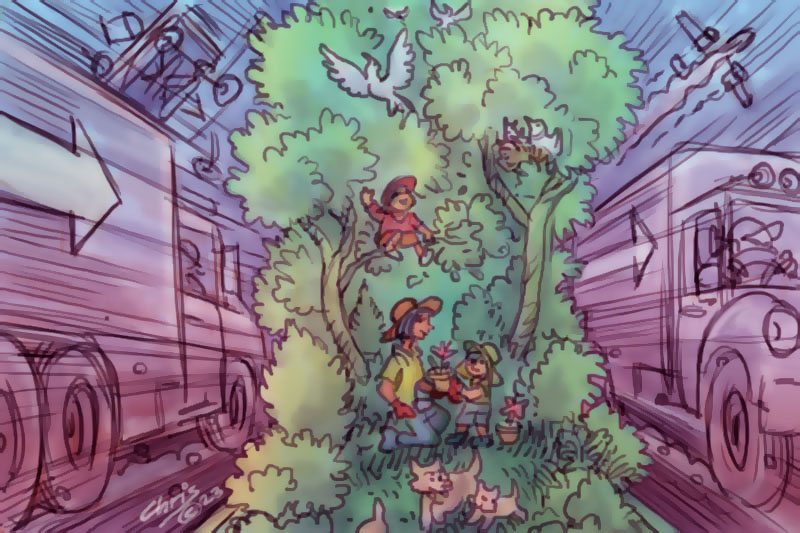
ARTS AND CULTURE
- Barry Gittins
- 18 April 2023
Near-death experiences can serve as stark reminders of the fragility of life, prompting us to cherish the moments that transcend routine and monotony. Whether it's the wit of a child, the intimacy with a partner, or the tranquility of nature, these moments awaken us to the gift of life.
READ MORE
-
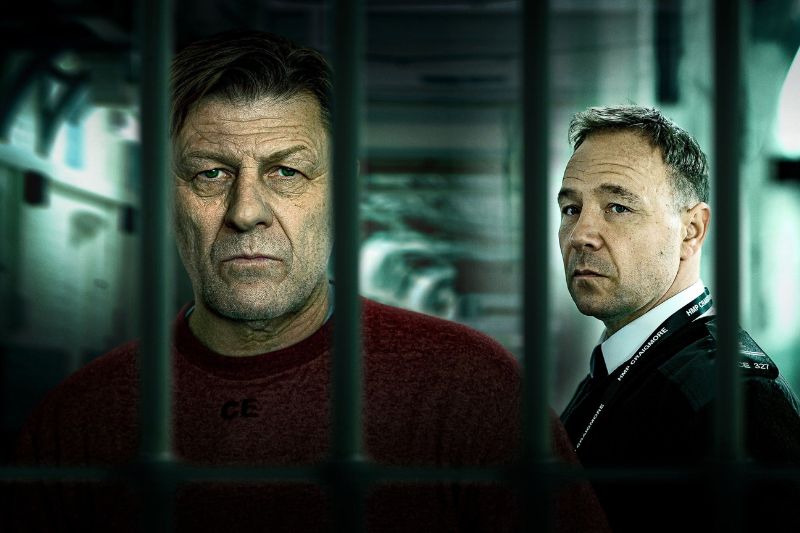
ARTS AND CULTURE
- Paul Mitchell
- 13 April 2023
Prisons are settings to which TV and film writers return regularly. It’s because ‘the joint’ gives them an environment in which they can enact the dramatic principle of the crucible easily: tension between duelling inmate protagonists and antagonists is heightened quickly to boiling point because no one can simply walk away.
READ MORE
-
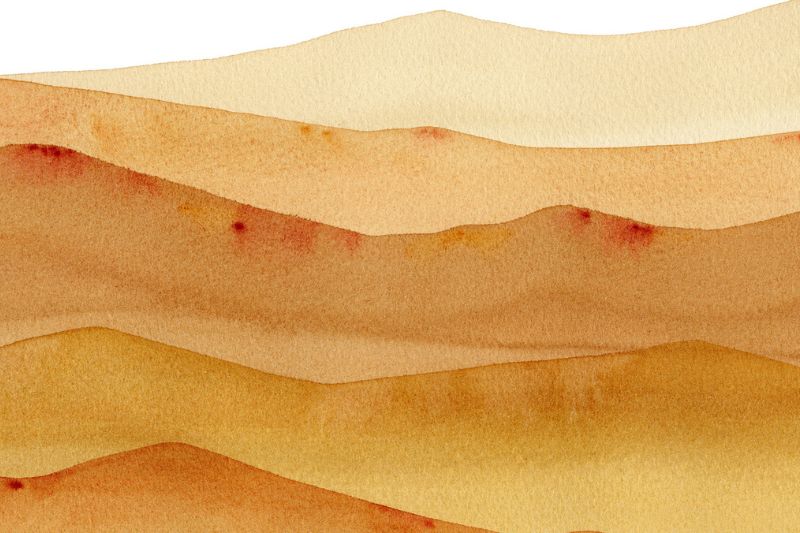
ARTS AND CULTURE
- Damian Balassone
- 12 April 2023
Where the highway of man and the desert intersects there’s a dude on a cross with a crown of spinifex who’s dying in the stifling heat. A mulga lurks below his feet, then slides across the sand alone, condemned to rule a desert throne.
READ MORE
-
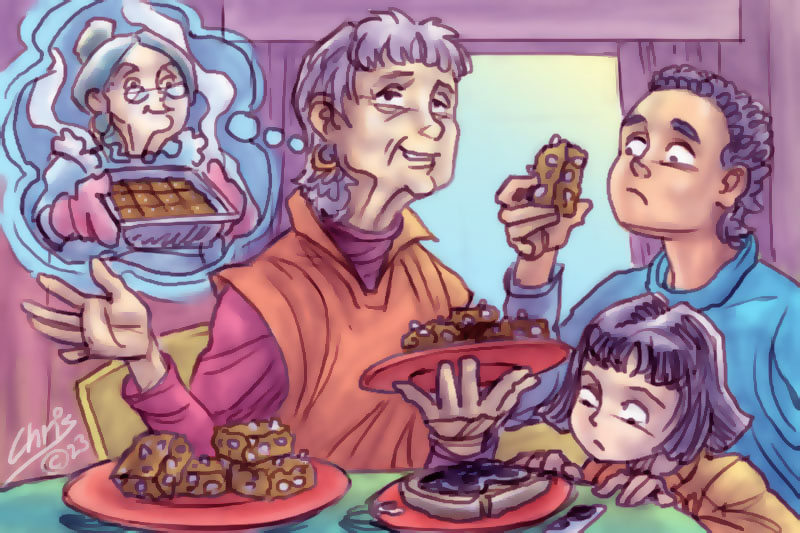
ARTS AND CULTURE
- Gillian Bouras
- 11 April 2023
6 Comments
Food has the power to evoke memories, connect people, and bridge cultural divides. In Australia, the diverse range of cultural influences enriching the culinary landscape stands as a testament to that sense of connection. In a time where the world feels increasingly divided, perhaps sharing a meal is just what we need.
READ MORE
-
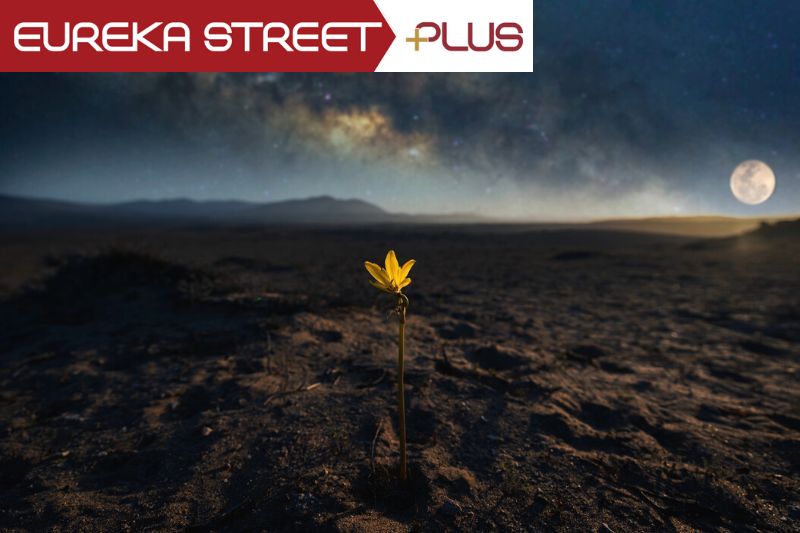
ARTS AND CULTURE
- Andrew Hamilton
- 10 April 2023
In a secular society the fast that preceded Easter has disappeared, but Easter remains a time of celebration. Celebrations recognise happy times and happy events, often marking the end of hard times. The message of Easter remains: that hope can spring up and new life can grow in apparently barren places.
READ MORE 
-
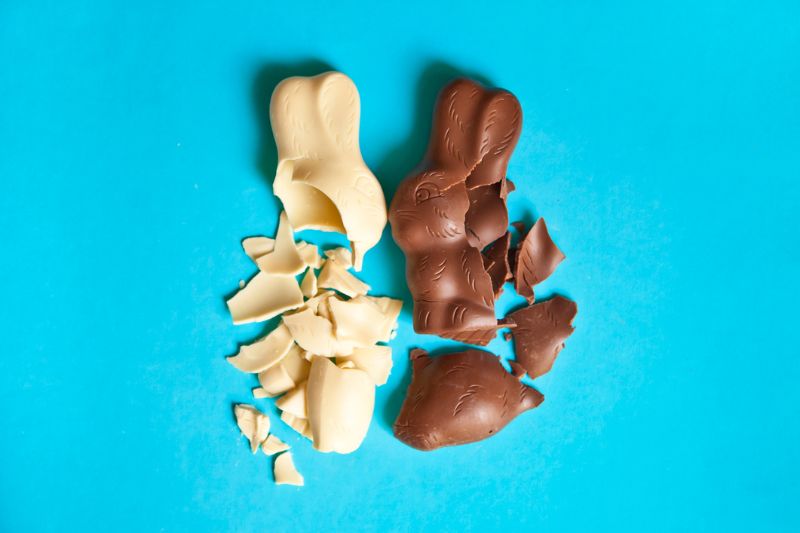
ARTS AND CULTURE
- Juliette Hughes
- 05 April 2023
2 Comments
From chocolate-covered canines to sugar-rush-induced meltdowns, some Easter egg hunts don't quite go as planned. But with the promise to pay for damages and a reminder to all parents that sharing is caring, we can't help but wonder, was it all worth it?
READ MORE
-

ARTS AND CULTURE
- Barry Gittins
- 30 March 2023
5 Comments
In a world of differing opinions and clashing worldviews, finding common ground can be a challenge. But by staying curious and open-minded about others' experience and practicing patience and compassion, we can learn to work alongside others with different viewpoints.
READ MORE
-

ARTS AND CULTURE
- Andrew Hamilton
- 27 March 2023
2 Comments
A response to a man begging on the street leads a group of friends to consider the power of humor and humility in difficult conversations. Can these qualities can help guide conversations about difficult topics like banning and censorship?
READ MORE 
-
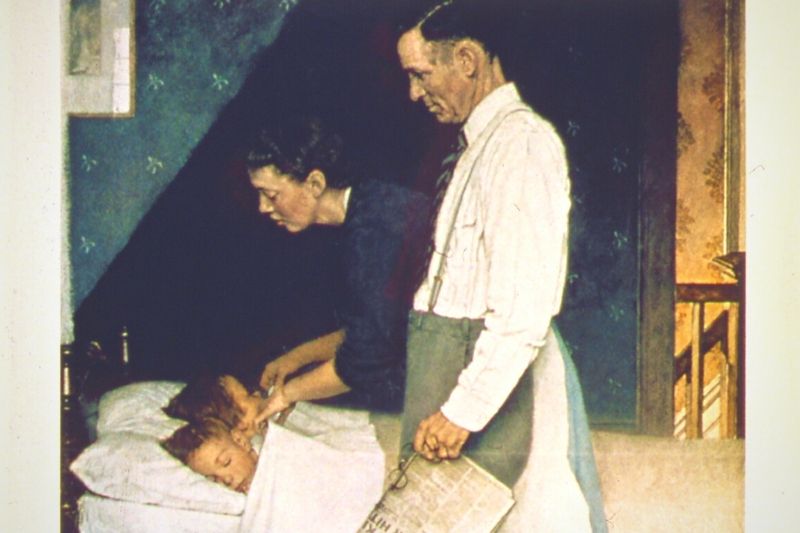
ARTS AND CULTURE
- Gillian Bouras
- 15 March 2023
6 Comments
In his 'Four Freedoms' series, iconic artist Norman Rockwell depicted a vision of America where people were free from want and free from fear. But with the threat of nuclear war looming, and arms merchants benefiting from conflict, how far off are we from truly achieving this ideal?
READ MORE
-
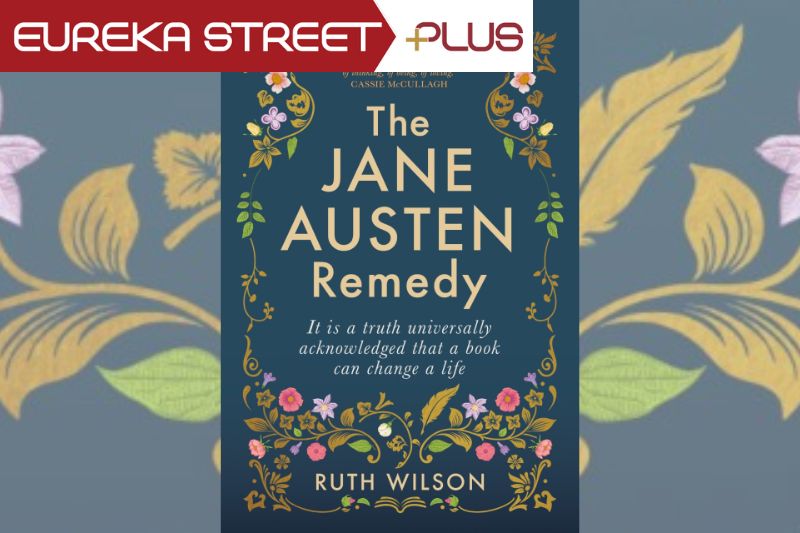
ARTS AND CULTURE
- Gillian Bouras
- 10 March 2023
1 Comment
It's a truth universally acknowledged that a book can change a life, but can certain books help a reader live more fully at any age? Ruth Wilson, a 90-year-old author, thinks so. Her book, The Jane Austen Remedy, explores the belief that books can cure an ailing soul.
READ MORE 
-

ARTS AND CULTURE
Filling up the Webster-pak’s / a weekly exercise / designed to keep me vertical / with sparkle in my eyes. Fresh from Chemist Warehouse as / my tempo wanes and waxes / my pills dispel my latest ills — if not quite death and taxes.
READ MORE
-
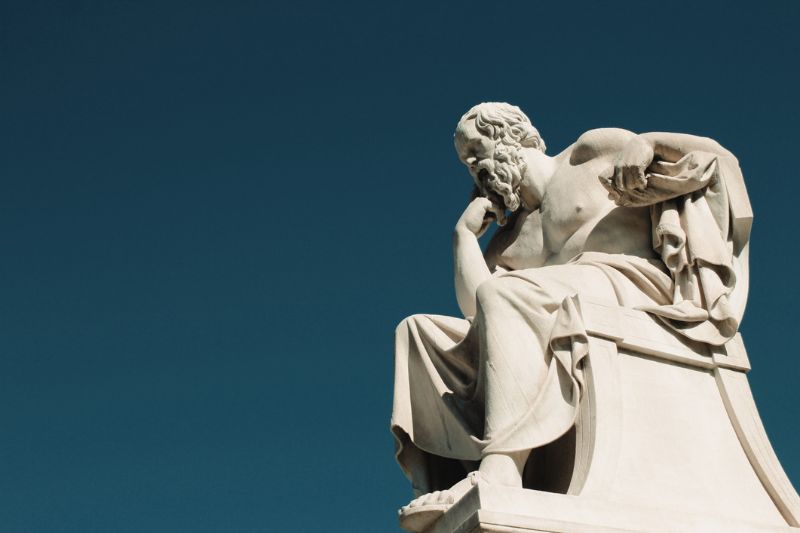
ARTS AND CULTURE
- Andrew Hamilton
- 09 March 2023
6 Comments
Who will champion humane values, enshrine them in the development and workings of artificial intelligence? This is the question posed by Plato and Socrates to our generation, and one that demands our urgent attention as the line between the artificial and the human becomes increasingly blurred.
READ MORE